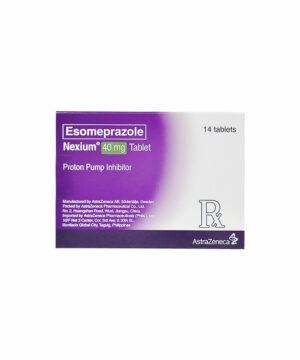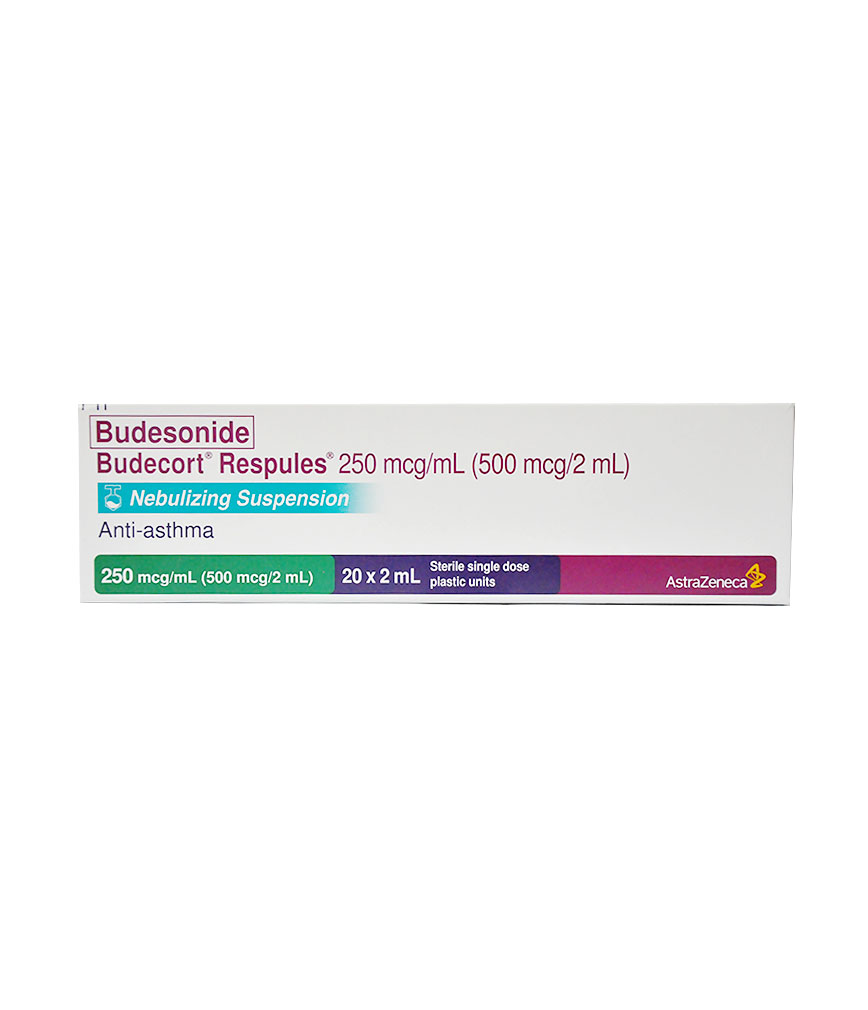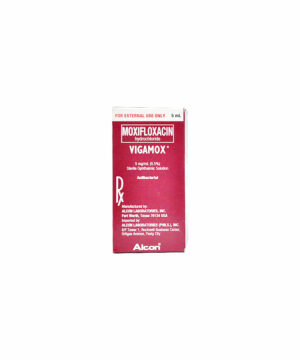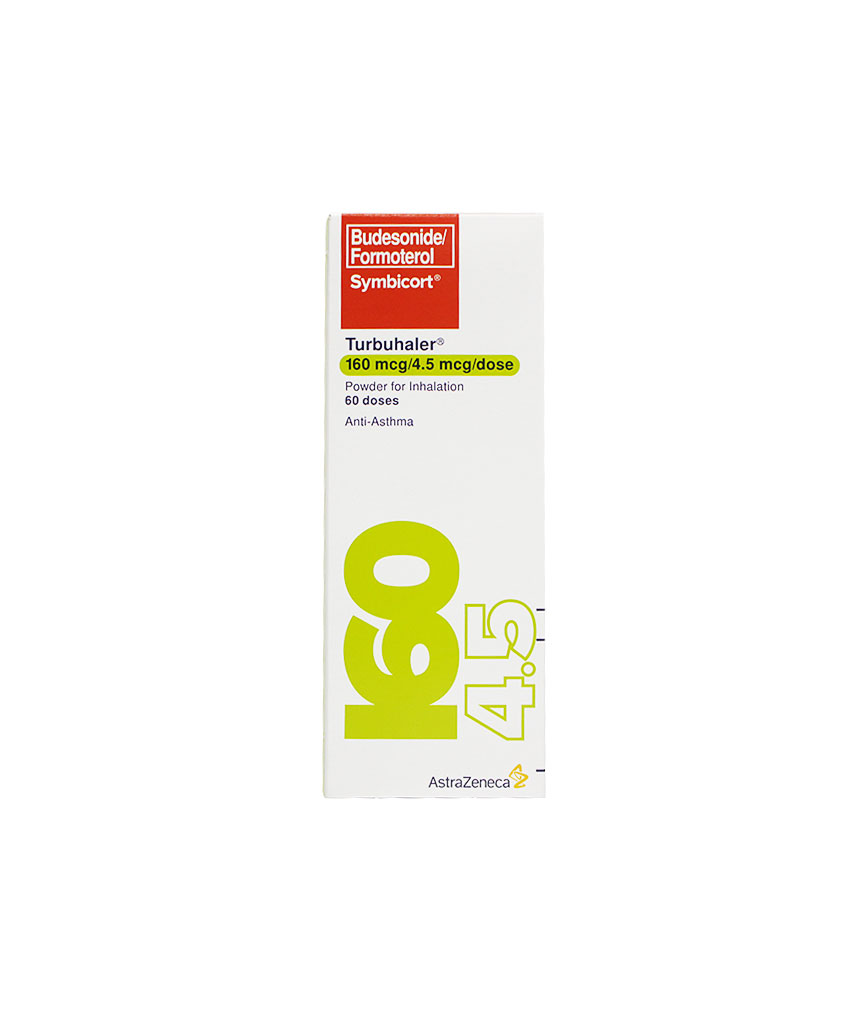Description
Lyrica 75Mg Capsule
Description :
Pregabalin is a gamma-aminobutyric acid (GABA) analogue ((S)-3-(aminomethyl)-5-methylhexanoic acid) with an empirical formula of C8H17NO2 and a molecular weight of 159.23.
Excipients/Inactive Ingredients: Lactose monohydrate, maize starch, talc.
Indications / Uses :
Neuropathic Pain: Pregabalin is indicated for the treatment of neuropathic pain in adults, including neuropathic pain associated with spinal cord injury.
Epilepsy: Pregabalin is indicated as adjunctive therapy in adults with partial seizures, with or without secondary generalization.
Generalized Anxiety Disorder: Pregabalin is indicated for the treatment of Generalized Anxiety Disorder (GAD) in adults.
Fibromyalgia: Pregabalin is indicated for the management of fibromyalgia.
Administration :
May be taken with or without food.
Contraindications :
Hypersensitivity to the active substance or to any of the excipients (Lactose monohydrate, Maize Starch, Talc).
Special Precautions :
Patients with rare hereditary problems of galactose intolerance, the Lapp lactase deficiency or glucose-galactose malabsorption should not take this medicine.
Some diabetic patients who gain weight on pregabalin treatment may need to adjust hypoglycemic medications.
There have been reports in the post-marketing experience of hypersensitivity reactions, including cases of angioedema. Pregabalin should be discontinued immediately if symptoms of angioedema, such as facial, perioral, or upper airway swelling occur.
Pregabalin treatment has been associated with dizziness and somnolence, which could increase the occurrence of accidental injury (fall) in the elderly population. There have also been post-marketing reports of loss of consciousness, confusion, and mental impairment. Therefore, patients should be advised to exercise caution until they are familiar with the potential effects of the medication.
In the post-marketing experience, transient visual blurring and other changes in visual acuity have been reported in patients treated with pregabalin. Discontinuation of pregabalin may result in resolution or improvement of these visual symptoms.
There are insufficient data for the withdrawal of concomitant antiepileptic medicinal products, once seizure control with pregabalin in the add-on situation has been reached, in order to reach monotherapy on pregabalin.
After discontinuation of short-term and long-term treatment with pregabalin, withdrawal symptoms have been observed in some patients. The following events have been mentioned: Insomnia, headache, nausea, anxiety, hyperhidrosis and diarrhea.
Pregabalin is not known to be active at receptor sites associated with drugs of abuse. Cases of misuse and abuse have been reported in the post-marketing database. As with any CNS active drug, carefully evaluate patients for history of drug abuse and observe them for signs of pregabalin misuse or abuse (e.g. development of tolerance, dose escalation, drug-seeking behavior).
Although the effects of discontinuation on the reversibility of renal failure have not been systematically studied, improved renal function following discontinuation or dose reduction of pregabalin has been reported.
Although there has been no causal relationship identified between exposure to pregabalin and congestive heart failure, there have been post-marketing reports of congestive heart failure in some patients receiving pregabalin. In short-term trials of patients without clinically significant heart or peripheral vascular disease, there was no apparent association between peripheral edema and cardiovascular complications such as hypertension or congestive heart failure. Because there are limited data on severe congestive heart failure patients, pregabalin should be used with caution in these patients (see Adverse Reactions).
Effects on the Ability to Drive and Use Machines: Pregabalin may cause dizziness and somnolence and therefore may influence the ability to drive or use machines. Patients are advised not to drive, operate complex machinery or engage in other potentially hazardous activities until it is known whether this medication affects their ability to perform these activities.














Reviews
There are no reviews yet.